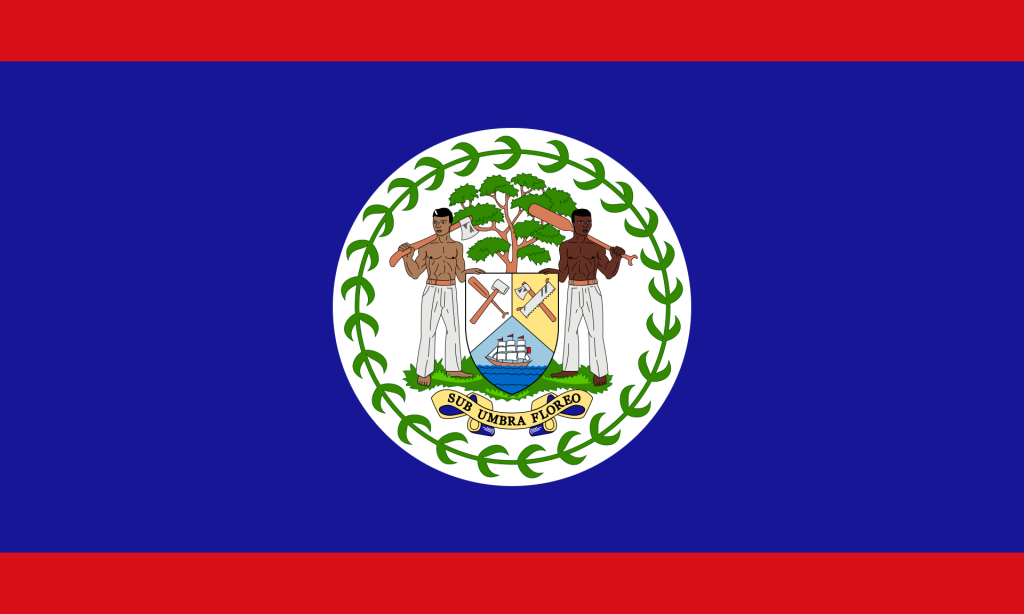Belize

- Belize is a small Central American country located on the northeastern coast of Central America. Here are some key facts about Belize:
- Location: Belize is bordered by Mexico to the north, Guatemala to the west and south, and the Caribbean Sea to the east.
- Size and Population: Belize covers an area of approximately 22,970 square kilometers (8,867 square miles) and has a population of around 400,000 people.
- Capital: Belmopan is the capital city of Belize, located in the Cayo District. However, Belize City is the largest city and the former capital.
- History: Belize was formerly known as British Honduras and was a British colony until it gained independence in 1981. It has a diverse history, with Mayan civilizations being present in the region as early as 1500 BCE.
- Territorial Status: Belize is an independent country and a member of the Commonwealth of Nations. It operates as a parliamentary democracy with Queen Elizabeth II as its ceremonial head of state.
- Economy: Belize has a mixed economy, with agriculture, tourism, and services being the main sectors. The country is known for its ecotourism attractions, including the Belize Barrier Reef, one of the largest barrier reefs in the world.
- Culture: Belize is a melting pot of cultures, with influences from Mayan, Garifuna, Creole, Mestizo, and Mennonite communities, among others. This diversity is reflected in its cuisine, music, and traditions.
- Language: English is the official language of Belize and is widely spoken throughout the country. Spanish, Creole, Garifuna, and Mayan languages are also spoken by various ethnic groups.
- Natural Beauty: Belize is renowned for its natural beauty, including its pristine beaches, coral reefs, and lush rainforests. It is home to numerous protected areas and wildlife reserves, such as the Cockscomb Basin Wildlife Sanctuary and the Belize Barrier Reef Reserve System, a UNESCO World Heritage Site.
- Environmental Conservation: Belize is committed to environmental conservation and sustainable development. The government has implemented measures to protect its natural resources, including marine reserves and national parks, to ensure the long-term viability of its ecosystems.
